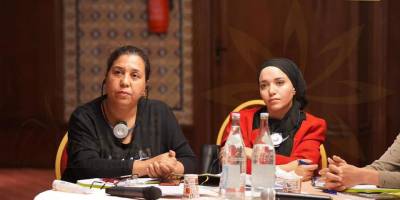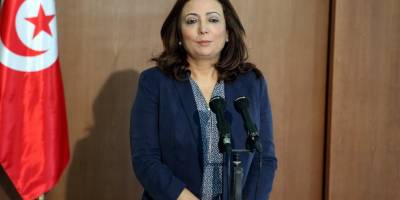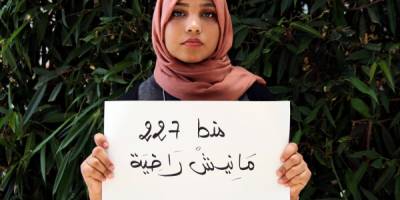From 2011 to 2016, the national Tunisian Radio benefited from a program of Fondation Hirondelle expertise, advice, training, and technical support to help reform it into a genuine public service media and bring its regional stations closer to the population, as part of democratic transition in Tunisia after the revolution of December 2010 / January 2011.
Fondation Hirondelle and the Tunisian Radio began their collaboration in July 2011, with a first objective linked to the urgency of the post-revolutionary political calendar: to offer Tunisian citizens complete, professional, and impartial journalistic coverage of the historic October 23, 2011 vote for the election of the National Constituent Assembly. The Tunisian Radio has a network of 9 channels, 4 national and 5 regional, which together cover the whole country. A participatory approach proposed and implemented by Fondation Hirondelle, mobilizing the human and technical resources of the 9 stations, allowed the Tunisian Radio to offer unique coverage and to play a fundamental role in civic education and information for the citizens.
Throughout the electoral period, the programme schedule developed by Fondation Hirondelle in workshops with the teams, executives and management of the radio station offered unprecedented daily programs, combining independent, accurate and balanced news from all over the country, civic education, programs with fair speaking time, as well as interactive thematic debates. The Tunisian Radio deployed more than 50 journalists throughout the country, who reported live throughout the 36 hours of live broadcasts on Election Day, announcing results. An "Elections Special " web page was developed for the occasion.
After this first milestone, Fondation Hirondelle’s support focused on the reform and professionalization of the five regional radio stations of the Tunisian Radio: Gafsa, Le Kef, Tataouine, Monastir, and Sfay. On the basis of a participatory ten-step approach, Fondation Hirondelle laid the foundation, in coordination with executives and teams, of an efficient local network for each station. The objective was to bring these regional stations closer to the concerns of the population, in order to retain and increase their audience. This included the establishment of new networks of correspondents, strengthening the grassroots relevance of each station's editorial content.
Experts from Fondation Hirondelle supported each radio station for several months in revamping and launching a new program schedule, which included consultations, training, and editorial assistance. The audio identity of each station was also redesigned, with the production of a new musical style that accompanied the editorial changes.
These developments paid off for the Tunisian Radio and its regional channels: audience surveys commissioned by Fondation Hirondelle show a strong increase in listeners and audience satisfaction after the changes. A final evaluation of Fondation Hirondelle’s support program for the Tunisian Radio, carried out in 2016 by an independent consultant, highlights the usefulness and overall success of the Tunisian Radio support program.







